Filter by
The language used throughout the course, in both instruction and assessments.
268 results for "exoplanets detection"
 Status: Free
Status: FreeUniversity of Geneva
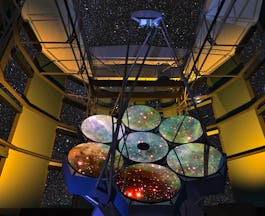 Status: Free
Status: FreeUniversity of Arizona

Multiple educators
Skills you'll gain: Machine Learning, Machine Learning Algorithms, Applied Machine Learning, Algorithms, Deep Learning, Machine Learning Software, Artificial Neural Networks, Human Learning, Statistical Machine Learning, Python Programming, Regression, Mathematics, Tensorflow, Critical Thinking, Network Model, Network Architecture, Reinforcement Learning
 Status: Free
Status: FreeUniversity of Arizona
 Status: Free
Status: FreeUNSW Sydney (The University of New South Wales)
Skills you'll gain: Problem Solving
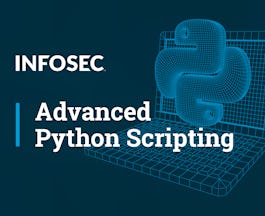
Skills you'll gain: Python Programming, Computer Programming

Skills you'll gain: Computer Security Incident Management
 Status: Free
Status: FreeAmazon Web Services
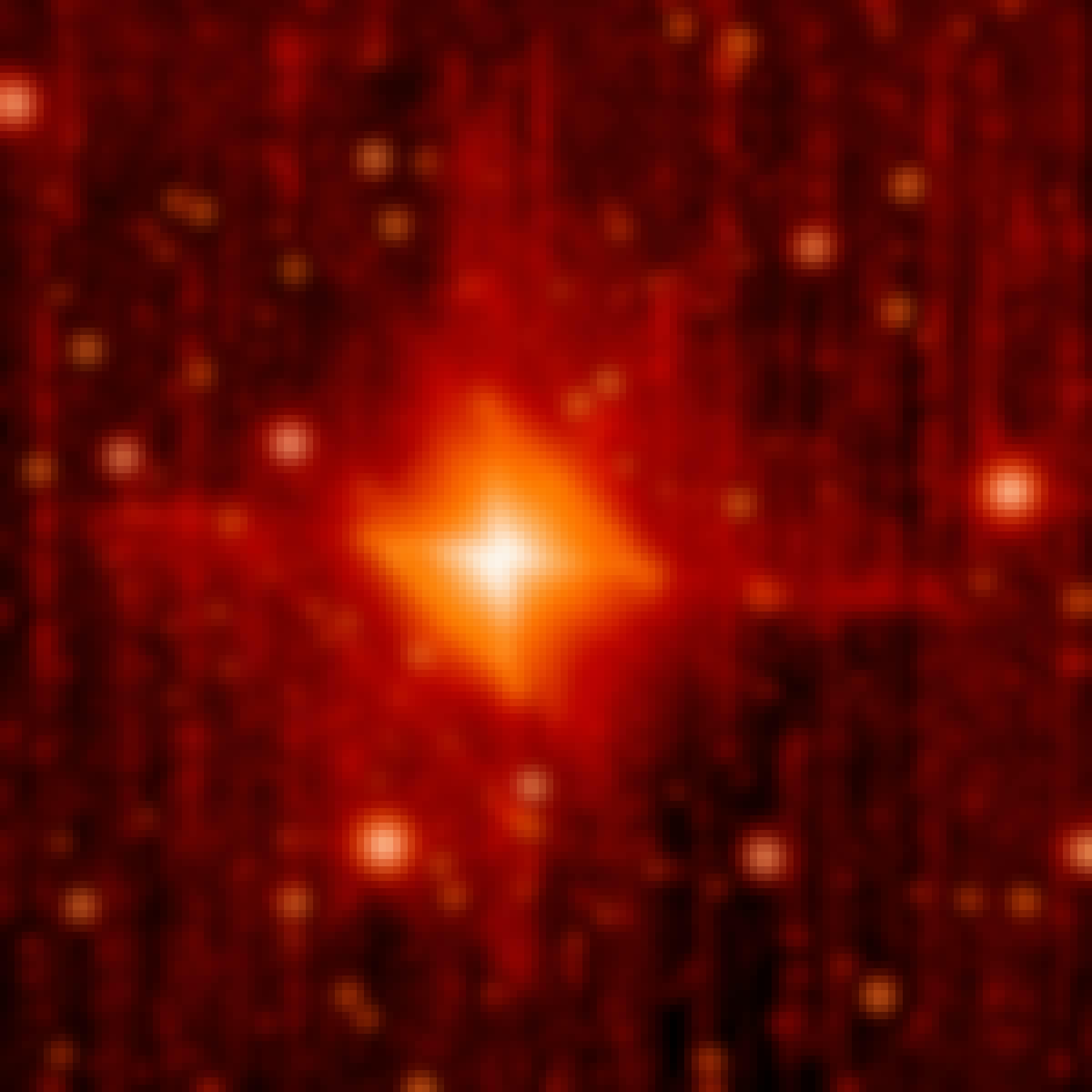 Status: Free
Status: FreeThe University of Sydney
Skills you'll gain: Critical Thinking, Big Data, Human Learning, Problem Solving, Machine Learning, SQL
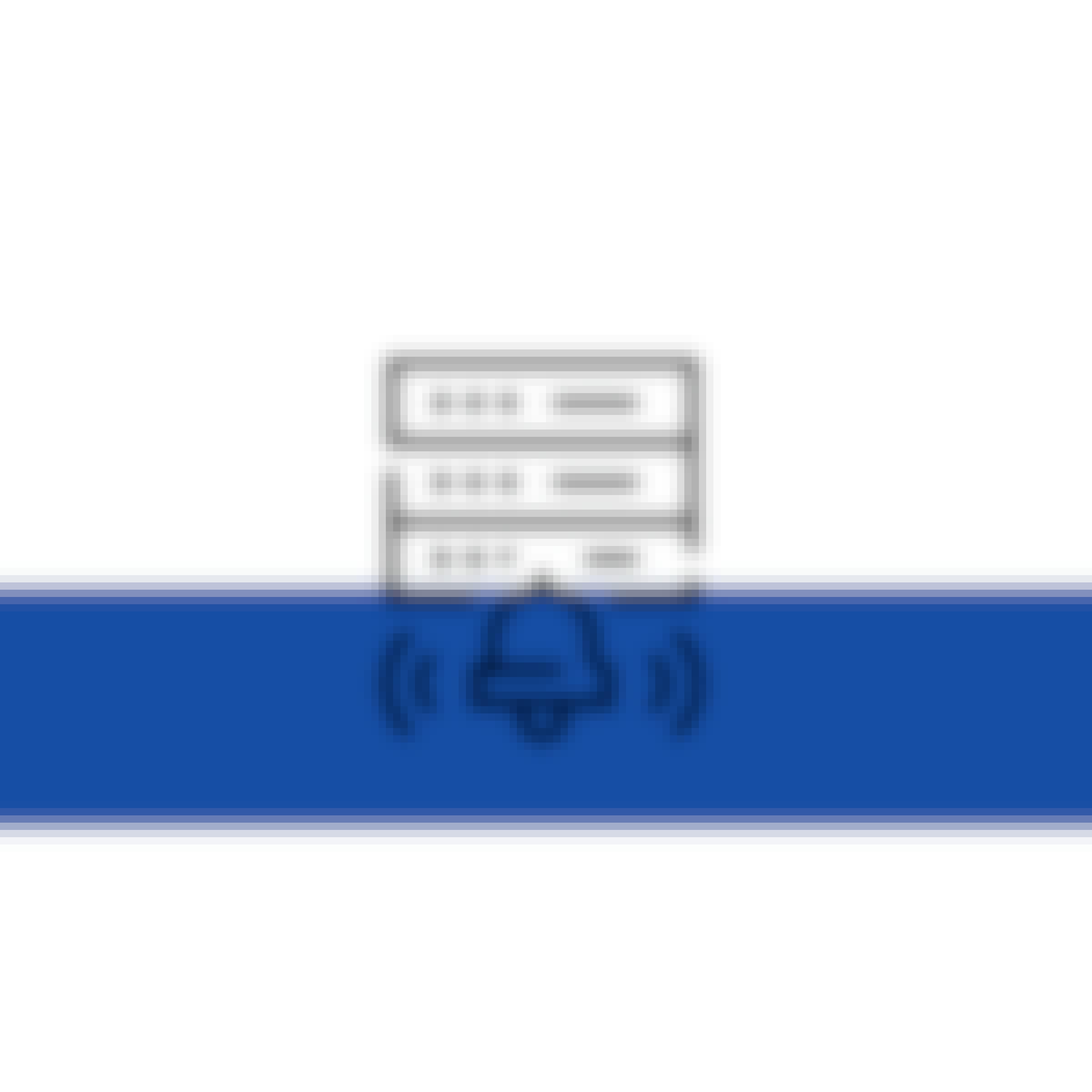
Skills you'll gain: Linux, Network Security, Computer Security Incident Management, Leadership and Management
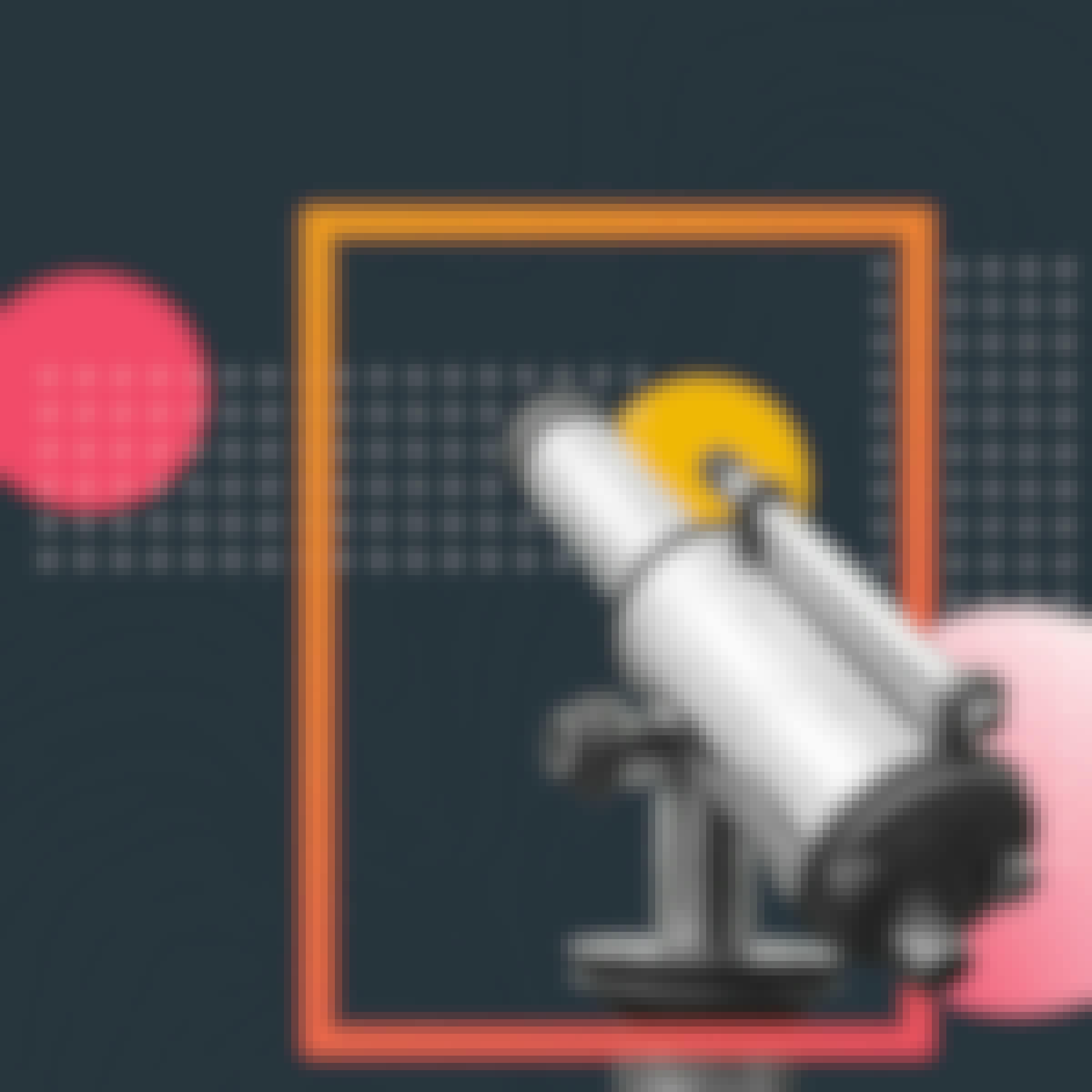 Status: Free
Status: FreeUniversity of Arizona
 Status: Free
Status: FreeThe University of Edinburgh
In summary, here are 10 of our most popular exoplanets detection courses
- The Diversity of Exoplanets: University of Geneva
- Astronomy: Exploring Time and Space: University of Arizona
- Machine Learning: DeepLearning.AI
- Astrobiology: Exploring Other Worlds: University of Arizona
- Mechanics: Motion, Forces, Energy and Gravity, from Particles to Planets: UNSW Sydney (The University of New South Wales)
- Advanced Python - Reconnaissance: Infosec
- Incident Detection and Response: ISC2
- Amazon Neptune Service Primer: Amazon Web Services
- Data-driven Astronomy: The University of Sydney
- Sound the Alarm: Detection and Response: Google










